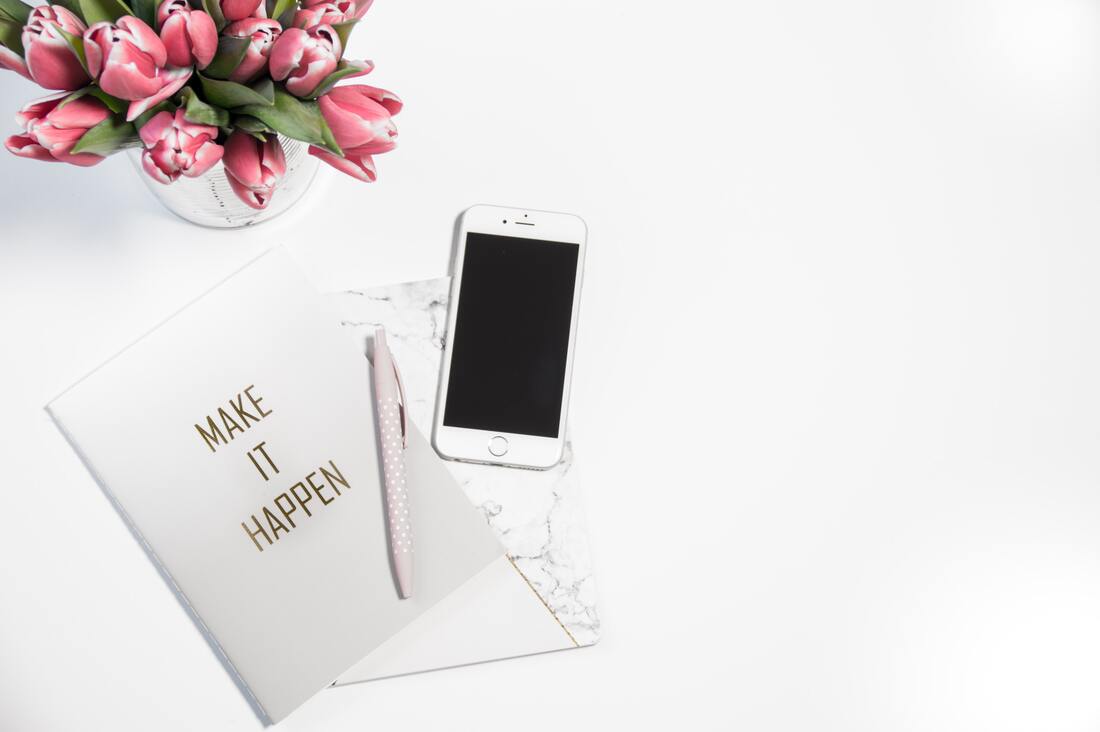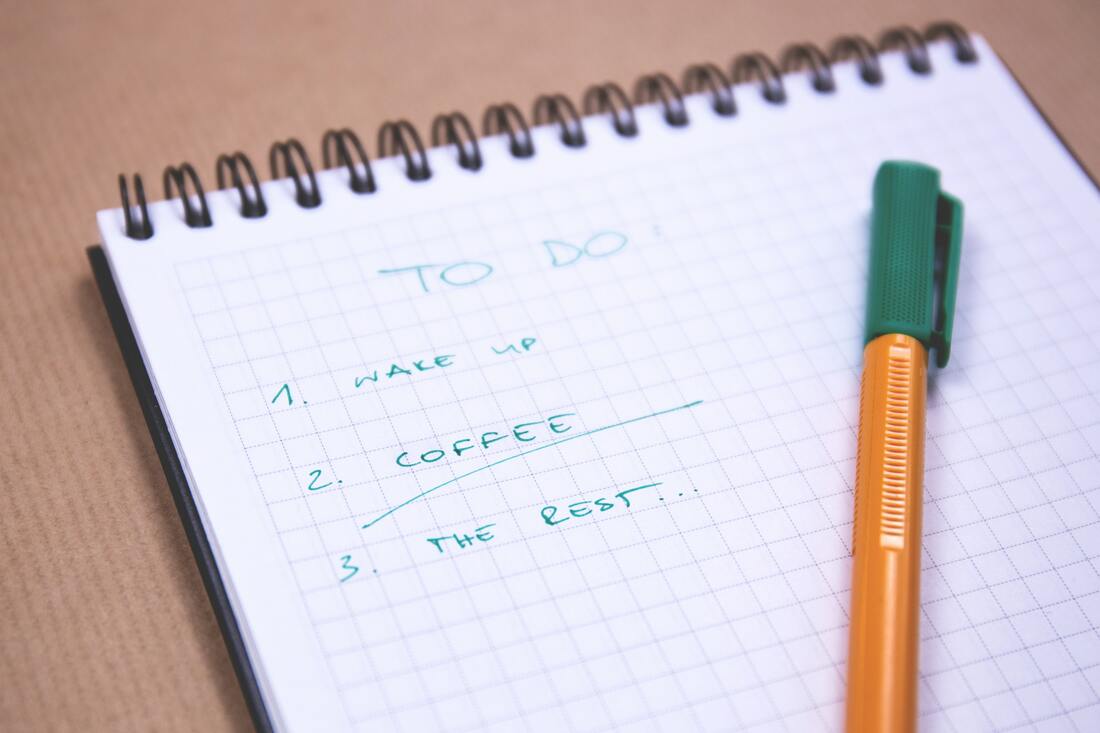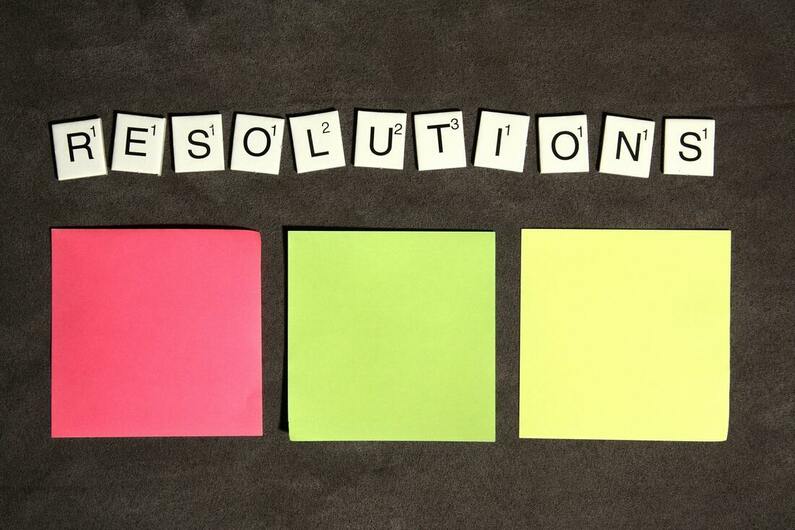It is not enough to have a good mind; the main thing is to use it well. Following a maintenance phase, in the last month I have resumed high-volume training and a calorie surplus to induce hypertrophy and gain more muscle.
I feel like I am in a better mental place to welcome this process than ever before, as I find myself better equipped, from a psychological standpoint, to deal with the inevitable fat gain and the increasing number on the scale. Sharing my thoughts on the topic on Instagram, I received some great comments about the relatability of the fear of weight gain. So, in this article, I aim to provide some strategies that have helped me and might aid others in the mental struggle against the scale and the mirror.
0 Comments
When you look at people who are successful, you will find that they aren’t the people who are motivated, but have consistency in their motivation. Working in a commercial gym, I have the opportunity to talk about fitness with individuals from all walks of life. When I ask how their training is going, the number one obstacle they bring up is the big bad M-word: motivation.
In fact, many of them hire a personal trainer just to have someone to push them to exercise and eat in a different way. But what is motivation? And how can you manipulate it to succeed in your fitness journey? In this article, I will examine different types of motivation and how to harness the most common one to achieve your fitness goals. We are what we repeatedly do. Excellence, then, is not an act, but a habit. A habit is an automatic behaviour repeated on a regular basis. It’s our brain’s smart way to work less to perform routine actions so we can invest more into new activities that expand our knowledge. However, forming a habit isn’t easy. No wonder habit-building tips abound on the internet, but how many times have you come across them and thought, “Ok, I’ve tried all this and it doesn’t really work for me. Now what?”
I know I have. Many of these articles assume there’s only one right way to build habits, and they don’t take into account differences between personality types. For example, some of us might do very well with written reminders on post-it notes, while others will forget to look at them. Some might respond well to an alarm; others will be ticked off and ignore it. The good news is, there are many habit-building hacks, each of them catering to a different personality type. As a personality and general psychology nerd, I put together seven tips (plus one!) based on the science of habit formation, the MBTI, and the Four Tendencies theory. You have plenty to try out! There’s the next mission, and nothing else. Humanity has a long tradition of setting New Year’s resolutions, dating back to the Babylonians, who used to make promises to gain their gods’ favour and start the new year on the path to success. This is my favourite holiday practice because it’s rooted in an aspiration for self-improvement and success. However, U.S. News tells us that 80% of New Year’s resolutions fail by February. As for the UK, a poll showed that 63% of respondents had broken at least one of their resolutions in the past, the majority within a single month.
And yet, we’ve all heard of SMART goals. In other words, we all know our chances of success increase dramatically if our goals are specific, measurable, achievable, realistic, and time-bound. So why haven’t we become goal-achieving machines by now? The truth is, SMART goals are indeed the key to success, but setting goals and achieving them is a skill like any other. If we don’t learn to practise it correctly, goal setting will remain wishful thinking. It’s not selfish to love yourself, take care of yourself, and to make your happiness a priority. It’s necessary.  Before September 2018, I hadn’t been to a gym in about fifteen months. Even when I did go on a regular basis, I only ran on the treadmill. In September I moved from London to Portsmouth, where I have two gyms within walking distance from my house. Having out-trained my home equipment, I decided to sign up for the university gym. On my first day, too scared to go into the male changing room, I dropped my backpack in the female one in a mad rush and stepped onto the gym floor with trepidation. The room was almost empty, which made the mirrors stand out all the more. Mirrors on every single wall, haunting me, showing me how small and puny and female I look from every possible angle. A painful reminder of what I’m not, of what I should have been. In addition, that day I was supposed to start a different training routine with new, unfamiliar exercises. As a result, I was shaking throughout the workout and left on the verge of tears. Dysphoria is a bitch, am I right? One of the reasons why I want to become a personal trainer is to help other trans folks overcome this. Personally, I had to change gym and find ways to build my confidence. Here are six tips that have worked well for me: |
Nikias TomasielloWelcome to my blog. I’m an online fitness coach with a passion for bodybuilding, fantasy, and bread. Want to work with me? Check out my services!Archives
May 2024
Tags
All
|
Follow me on social media |
Get in touch |
© 2018-2023 Veronica Tomasiello, known as Nikias Tomasiello – All rights reserved





 RSS Feed
RSS Feed